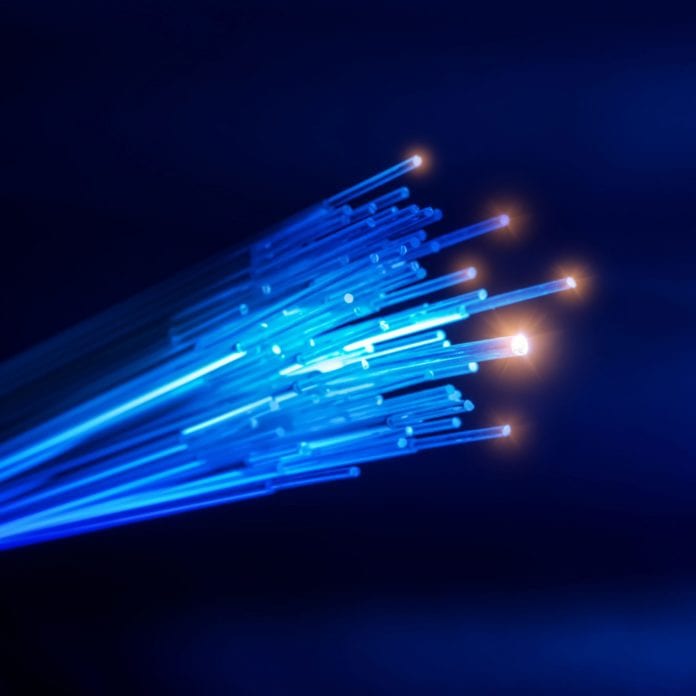Between acquisitions and supplier deals, Verizon has spent more than $3 billion on fiber–this year
It’s difficult to state just how valuable fiber optic assets are to the telecommunications network as the evolution from LTE to 5G continues. But, let’s give it a shot using Verizon as an example.
The latest came Aug. 1 when Verizon agreed to buy fiber and related infrastructure serving the Chicago, Ill. metro from WideOpenWest Inc. for $225 million. The transaction, expected to close in Q1 2018, provides fiber-based connectivity to more than 500 macro sites and more than 500 small cell sites, which Verizon already uses. The buy will reduce Verizon’s leasing fees related to the sites.
In a statement, Hans Vestberg, former Ericsson CEO and now Verizon’s president of Network and Technology, said the WideOpenWest deal demonstrates the teleco’s “commitment to invest in multi-use fiber to provide customers with next-generation broadband services, such as smart cities and 5G. This acquisition will help us create comprehensive digital solutions for small- and medium-business and enterprise customers.”
In May, Verizon announced a three-year, $300 million deal with long-time supplier Prysmian that will provide the carrier with some 10.6 million miles of fiber optic cable.
In a statement released at the time, Prysmian and Verizon said that they both “feel strongly that demand and supply for next-generation passive optical network (NGPON2) will last well beyond 2020 as new technologies like 5G and the IoT become reality.”
The Prysmian deal followed an April deal with another fiber supplier, Corning, valued at $1.05 billion. The Corning agreement contemplates delivery of 12.4 million miles of fiber optic cable from 2018 to 2020.
Verizon Communications is set to bolster the backhaul of its wireless network through a three-year, $1.05 billion contract signed with Corning to supply fiber optic cable and associated hardware for Verizon’s One Fiber initiative.
Then, in February, Verizon closed the $1.8 billion acquisition of XO Communications; fiber business, which was initially announced in February 2016. In a separate deal, Verizon is leasing spectrum from XO, which comes with an option to straight-out buy the spectrum by the end of 2018.
The spectrum piece complements another Verizon deal–this one with Straight Path–wherein Verizon beat out rival AT&T to purchase Straight Path’s millimeter wave spectrum holdings; the cost for the high-band frequencies, seen as key to delivering the high capacity promised by 5G, was $3.1 billion.
According to Straight Path’s public statements, Verizon initially bested AT&T’s $1.6 billion price with a $1.8 billion offer, then upped the figure to $2.3 billion on May 3rd and most recently sweetened it to the final selling price of $3.1 billion. Those offers almost doubled Straight Path’s price: while AT&T offered nearly $96 a share for Straight Path; Verizon will pay $184 per share.

